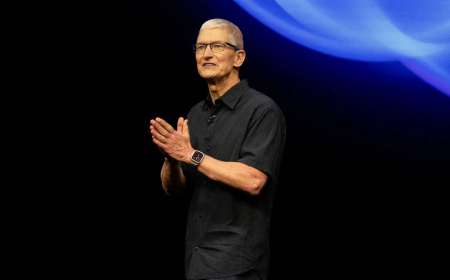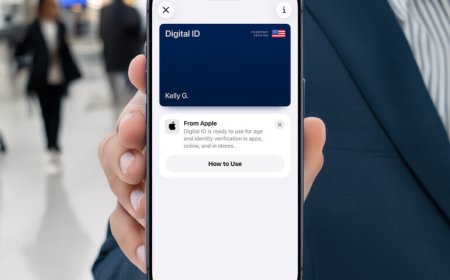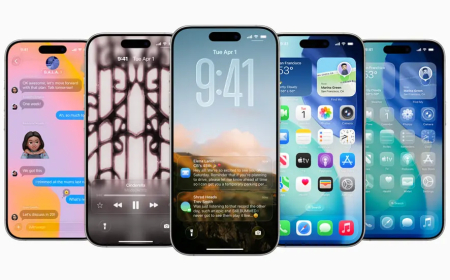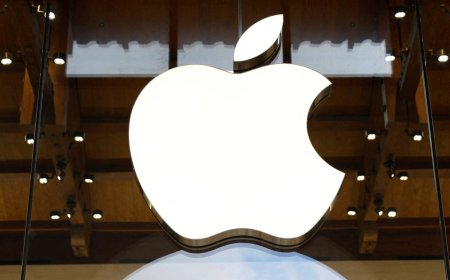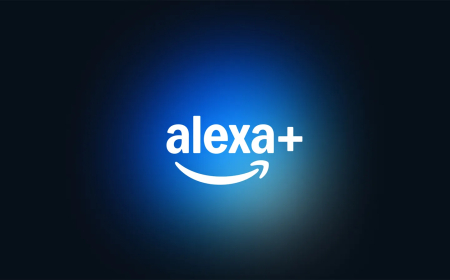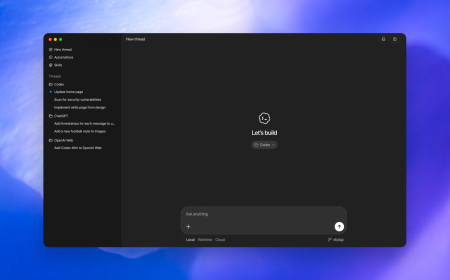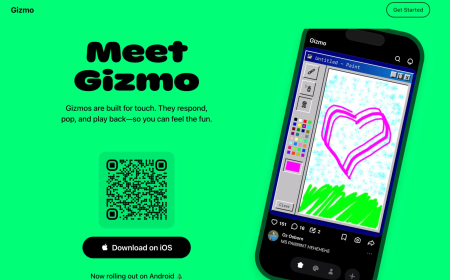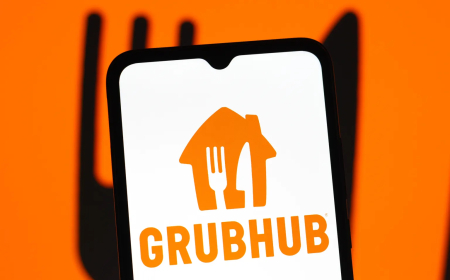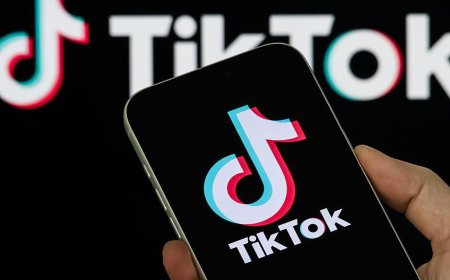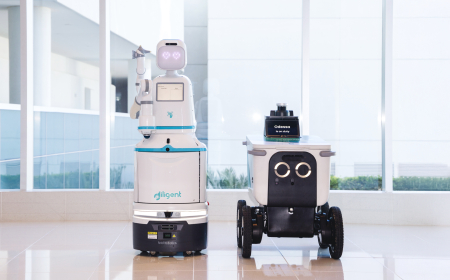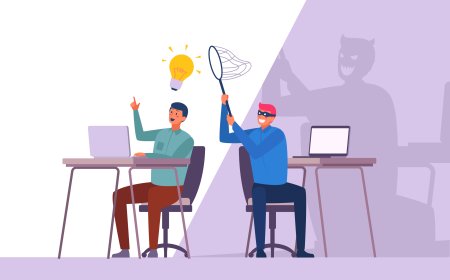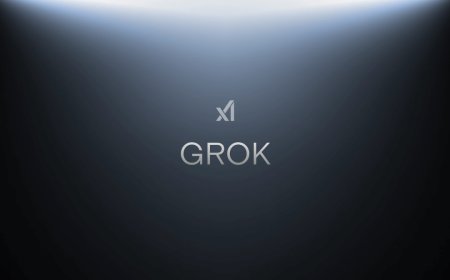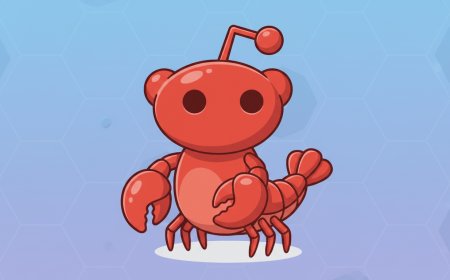Sam Altman Says ChatGPT Will Soon Allow Erotica for Adult Users
OpenAI CEO Sam Altman announced that ChatGPT will soon allow erotic conversations for verified adults as part of its “treat adult users like adults” policy, marking a major shift in the company’s content strategy.
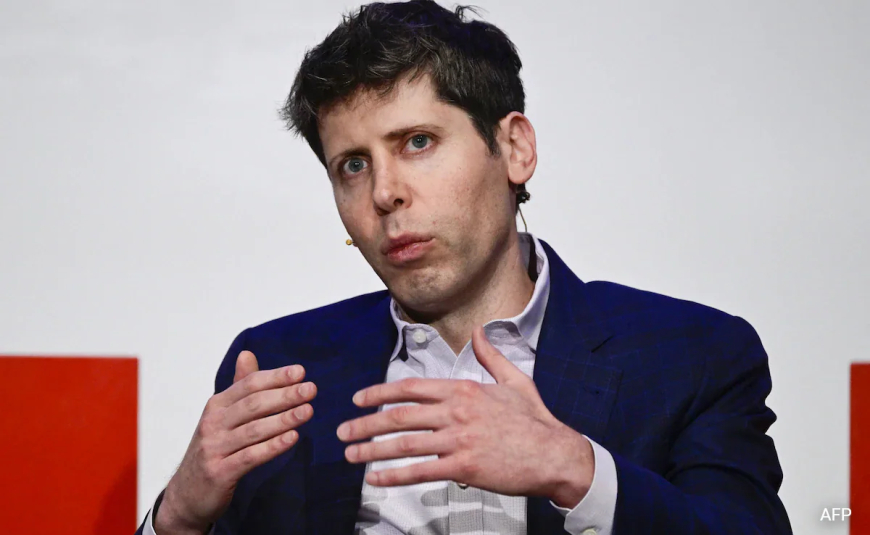
OpenAI CEO Sam Altman announced on Tuesday that the company will soon relax some of ChatGPT’s safety restrictions, allowing users to make the chatbot’s responses friendlier, more “human-like,” and—exclusively for verified adults—to engage in erotic conversations.
“We made ChatGPT pretty restrictive to make sure we were being careful with mental health issues. We realize this made it less useful or enjoyable to many users who had no mental health problems, but given the seriousness of the issue we wanted to get this right,” said Altman. “In December, as we roll out age-gating more fully and as part of our ‘treat adult users like adults’ principle, we will allow even more, like erotica for verified adults.”
We made ChatGPT pretty restrictive to make sure we were being careful with mental health issues. We realize this made it less useful/enjoyable to many users who had no mental health problems, but given the seriousness of the issue we wanted to get this right.
Now that we have… — Sam Altman (@sama) October 14, 2025
The announcement marks a significant shift from OpenAI’s months-long focus on addressing concerning relationships that some users developed with ChatGPT. Altman stated that the company has successfully mitigated serious mental-health-related risks, though OpenAI has provided little evidence for this claim. The company now appears ready to allow ChatGPT to engage in sexual or romantic discussions with users.
Earlier this year, several troubling incidents surfaced involving ChatGPT’s GPT-4 model, in which users reportedly developed delusional beliefs after prolonged interaction with the chatbot. In one instance, ChatGPT convinced a man that he was a math genius destined to save the world. In another case, parents sued OpenAI after alleging that ChatGPT encouraged their teenage son’s suicidal thoughts.
In response, OpenAI introduced new safety mechanisms to address “AI sycophancy”—a behaviour where the chatbot excessively agrees with users to foster emotional attachment. The company also launched tools to identify concerning behaviour and added safeguards for minors, including an age-prediction system and parental controls.
In August, OpenAI released GPT-5, a new model featuring lower sycophancy rates and a behavioural router that detects potentially harmful interactions. The following month, it introduced enhanced protections for teenagers and established an expert council of mental health professionals to advise on well-being and the use of AI.
Despite these steps, OpenAI’s decision to allow erotica is unprecedented. It raises questions about how vulnerable users may react to such features. Altman insists the move is based on the company’s “treat adult users like adults” philosophy and not driven by engagement metrics. However, similar features on other platforms—such as Character.AI—have proven to be strong engagement tools, with users reportedly spending hours in daily conversations with AI companions.
OpenAI is under increasing pressure to sustain growth. With over 800 million weekly active users, the company is competing with Google and Meta to dominate the AI-powered consumer market. The addition of erotic features could attract more users, even as concerns remain about potential misuse and the impact on vulnerable individuals.
A report from the Centre for Democracy and Technology recently revealed that 19% of high-school students have either engaged in or know someone who has been involved in a romantic relationship with an AI chatbot.
To address safety, OpenAI plans to rely on its new age-prediction system to restrict access to adult content. Suppose the system mistakenly identifies an adult as a minor. In that case, users will have the option to verify their age by uploading a government-issued ID. Altman acknowledged the privacy implications but described this as a “worthy tradeoff” for maintaining safety.
It remains unclear whether OpenAI will extend erotica capabilities to ChatGPT’s voice, image, or video generation tools. Alongside this update, Altman confirmed that users will soon be able to customize ChatGPT’s tone and personality—making it more expressive, friendly, or human-like—depending on personal preference.
OpenAI’s upcoming changes signal a new phase for ChatGPT—one that aims to strike a balance between adult freedoms and ethical and safety considerations as the platform continues its rapid global expansion.
Update 10/14/25 at 4:40 pm PT: This story has been updated to include a comment from OpenAI.
What's Your Reaction?
 Like
0
Like
0
 Dislike
0
Dislike
0
 Love
0
Love
0
 Funny
0
Funny
0
 Angry
0
Angry
0
 Sad
0
Sad
0
 Wow
0
Wow
0





